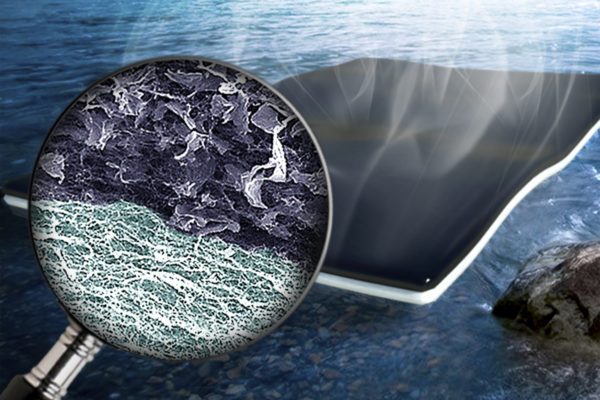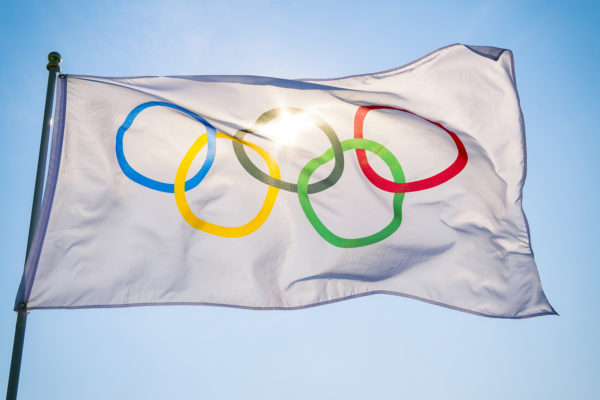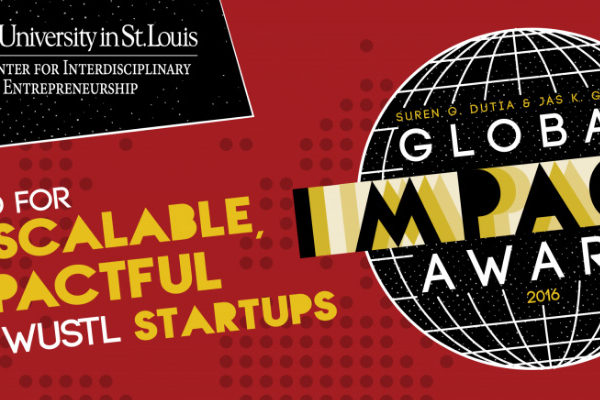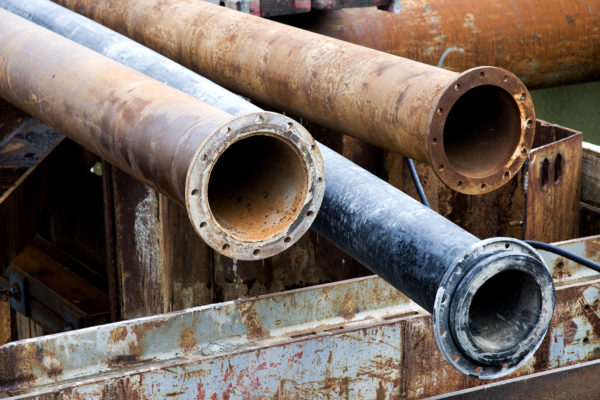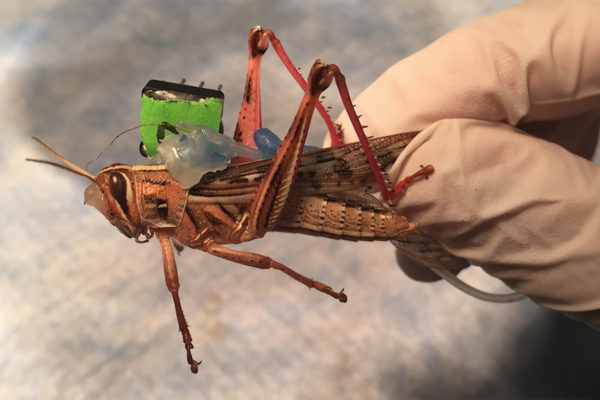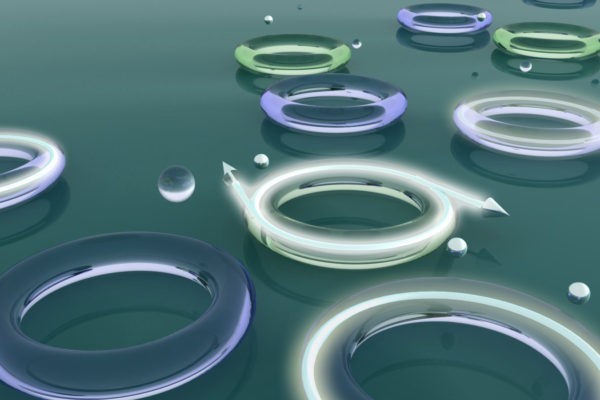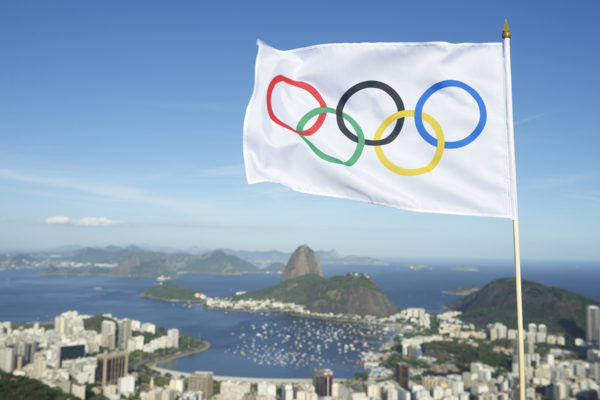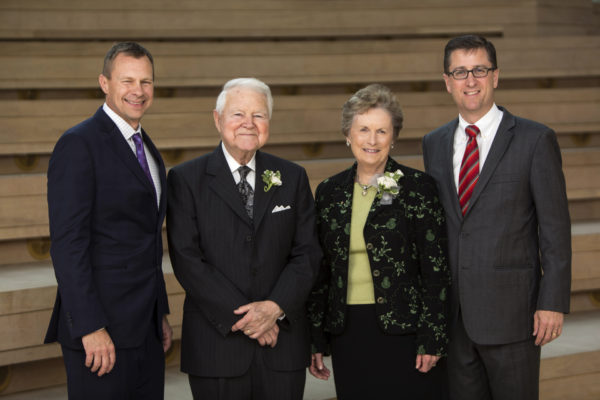Dirty to drinkable
A team of engineers at Washington University in St. Louis has found a way to use graphene oxide sheets to transform dirty water into drinking water, and it could be a global game-changer.
WashU Expert: The real reason male golfers are dropping the Olympics
Male golfers, most of whom are on the PGA Tour, are dropping out of the Summer Olympics en masse. While they’re citing Zika concerns, Patrick Rishe, director of the Sports Business Program at Washington University in St. Louis’ Olin Business School, said there’s another factor at play.
Finalists announced for Global Impact Award
Six finalists for the Skandalaris Center’s 3rd annual Global Impact Award have been announced. The startups will compete for a prize of up to $50,000 in funding that will be awarded this November.
Washington University researchers awarded $229K to study lead pipe corrosion
The National Science Foundation, along with the Water Research Foundation, has awarded a pair of Washington University in St. Louis researchers $229,000 in grants to study ways to best control lead pipe corrosion, which can poison drinking water. Daniel Giammar, the Walter E. Browne Professor of Environmental Engineering in the School of Engineering & Applied […]
A new use for insects: biorobotic sensing machines
Using a locust’s sense of smell, a team of engineers from Washington University in St. Louis is developing new biorobotic sensing systems that could be used in homeland security applications, including bomb and chemical detection.
Turner to serve on EPA Scientific Advisory Board posts
The U.S. Environmental Protection Agency has appointed Jay Turner to its Scientific Advisory Board.
Agarwal honored by American Society for Engineering Education
The American Society for Engineering Education (ASEE) has awarded Ramesh Agarwal, the William Palm Professor of Engineering at Washington University in St. Louis, the 2016 Isadore T. Davis Award.
Giving photons their marching orders
Researchers in the School of Engineering & Applied Science have found a way to give photons, or light packets, their marching orders. The researchers have capitalized on the largesse of an energy state in an optical field to make photons in their lasing system travel in a consistent mode, either clockwise or counterclockwise.
WashU Expert: The impact of Russia’s Rio ban
With Rio’s Olympic Games rapidly approaching, today the International Association of Athletics Federations upheld its ban on Russia’s track teams. Sports business expert Patrick Rishe says the move illustrates the economic effect and lasting impact of cheating in sports of all kinds.
$5 million gift to fund new George and Carol Bauer Leadership Center at Olin Business School
With a $5 million commitment, Washington University in St. Louis has announced it will establish the George and Carol Bauer Leadership Center at the Olin Business School. The announcement came May 10, as George Bauer, an emeritus trustee and alumnus of the university, and his wife, Carol, delivered a keynote address about values-based leadership in Knight Hall on the Danforth Campus.
View More Stories
